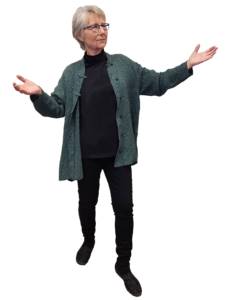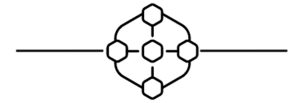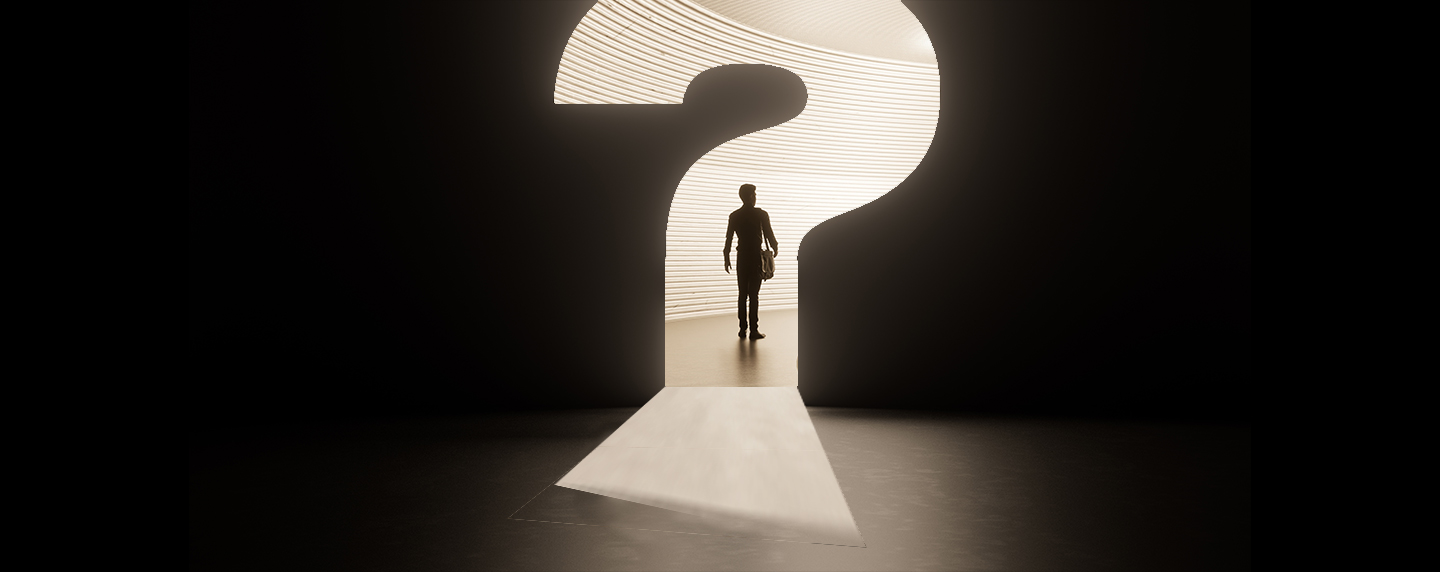My life before now, which is to say, before I retired and could attend to my spiritual self, was focused mainly on managing large-scale transformations in business settings.
In other words, I helped leaders in large corporations downsize their organizations, merge with other companies, introduce new strategic directions, and change how their business and manufacturing systems worked.
I did my best to package the inevitable impacts on employee’s jobs in ways that would make them seem palatable. It was a tough job, as you might imagine, especially in cases where people’s careers and livelihoods were negatively impacted.
Invariably, no matter how much employees may have pushed back, in the end, resistance proved futile. Change came, whether employees liked it or not.
Resistance was strongest, of course, among employees who feared that their jobs would be eliminated. But it was evident among those less affected as well.
It became abundantly clear during those years that some people adapted better than others. In particular, those with a broad skill set, who were flexible and optimistic, were more likely to do well when the dust settled than those who stubbornly clung to their old familiar ways.
The same can be true of change in the world at large.
People tend to feel comfortable with their habits, their surroundings, their friends, their communities, the cultures they grew up in, the foods they eat, their views on the nature of reality, and their religions. And when any of these seem threatened, watch the heels dig in.
Most experts would agree that some combination of our genetic predispositions, psychological makeups, cultural upbringings. and perceptions of reality sway most of us toward stasis.
Not everyone, of course, is cut from the same cloth. There are those restless ones among us who tire of the status quo and actively seek out change. While clearly in the minority, they’re the trailblazers who lead the charge for change in the world.
It all goes back to change.
The world is changing, just as it has always done and always will. Religious beliefs have changed right along with everything else. Still, we tend to cling to our current beliefs as if they were life rafts that will keep us on an even keel when everything around us is in flux.

In the long run, just like in the case of corporate change, resistance is futile. Cultures merge, new views of reality take shape, and new Gods that present better options than our old ones take form.
As noted above, Greek gods and goddesses gave way to Roman versions of the same thing. The many Jewish Gods that governed the various precincts in the ancient kingdoms of Israel and Judea eventually gave way to the idea that one God is above all. The multiplicity of Christian perspectives that sprung to life during the three hundred year span after Christ’s death were ultimately corralled by the powers that be into a single acceptable view of who God is and how we are to honor him.
Regardless, some become so entrenched in their own particular worldview that they quite literally fear the wrath of their God should they even question the validity of their beliefs.
Sadly, it’s much the same as in the case of employees fearing the changes that lie ahead in a pending corporate change. The fears that arise owing to differences in worldviews and religion often get in the way of seeing the possibilities that lie beyond.
Still, I have hope that we’re evolving as a species and that, at some point, we’ll be able to put our firmly held religious beliefs either aside or behind us so we can get on with the job of building a better tomorrow.







